Publications
Articles, publications, books, tools and multimedia features from the U.S. Institute of Peace provide the latest news, analysis, research findings, practitioner guides and reports, all related to the conflict zones and issues that are at the center of the Institute’s work to prevent and reduce violent conflict.
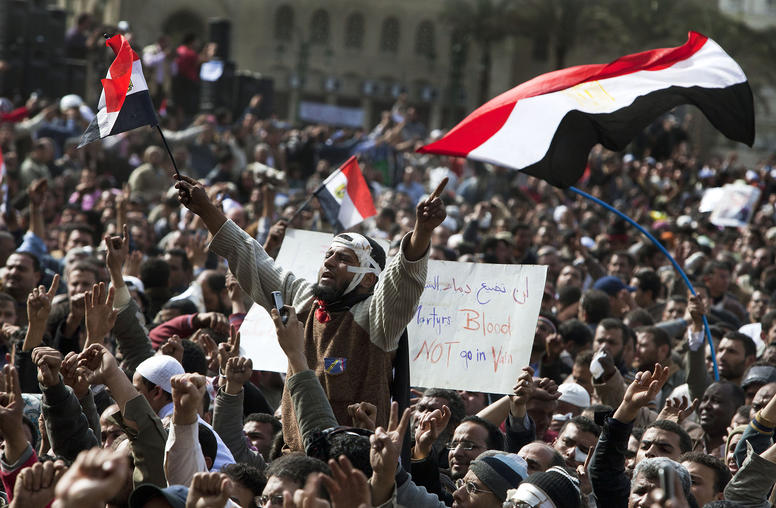
Egypt Timeline: Since the Arab Uprising
Since 2011, Egypt has witnessed protests, political turnovers, sporadic violence, and waves of repression. This analysis spans key events: a new generation of activists energized long-stagnate politics and countrywide demonstrations; political rivalries pitted secularists against Islamists; and internal turmoil led to the election of a former field marshal.
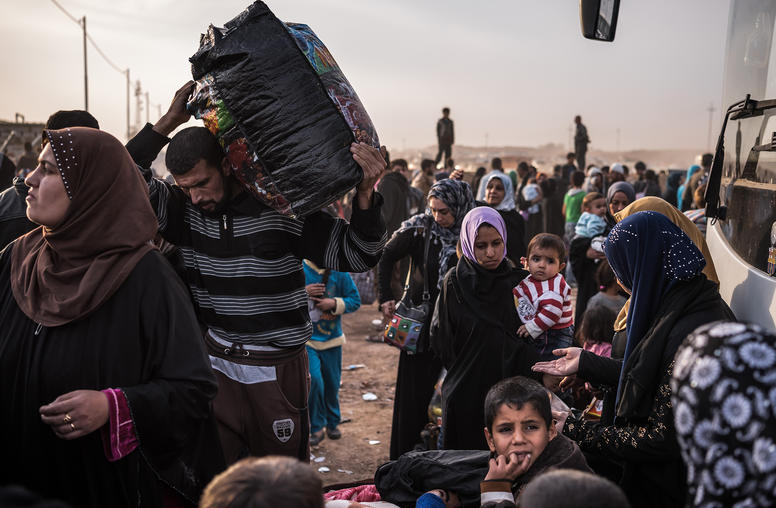
Iraq Timeline: Since the 2003 War
After Saddam Hussein’s ouster in 2003, Iraq’s new leaders struggled to chart a democratic course after decades of dictatorship. It suffered through a civil war, political turmoil, widespread economic corruption, sectarian tensions and an extremist insurgency, led by the Islamic State, that seized a third of the country.
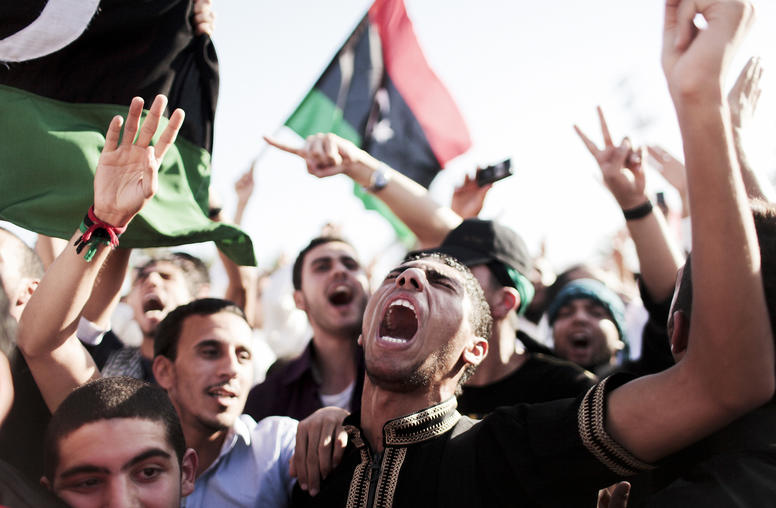
Libya Timeline: Since Qaddafi's Ouster
The North African country has struggled to remain unified since the uprising in 2011 and the end of Moammar Qaddafi’s four-decade long rule. During the subsequent chaos, armed groups proliferated, and Islamism emerged as a powerful new political force.

Palestinian Politics Timeline: Since the 2006 Election
The Palestinian movement split—politically, geographically, militarily and strategically—after the 2006 Palestinian Legislative Council elections. Fatah, a secular movement, led the Palestinian Authority in the West Bank. Hamas, an Islamist movement, ruled in Gaza.
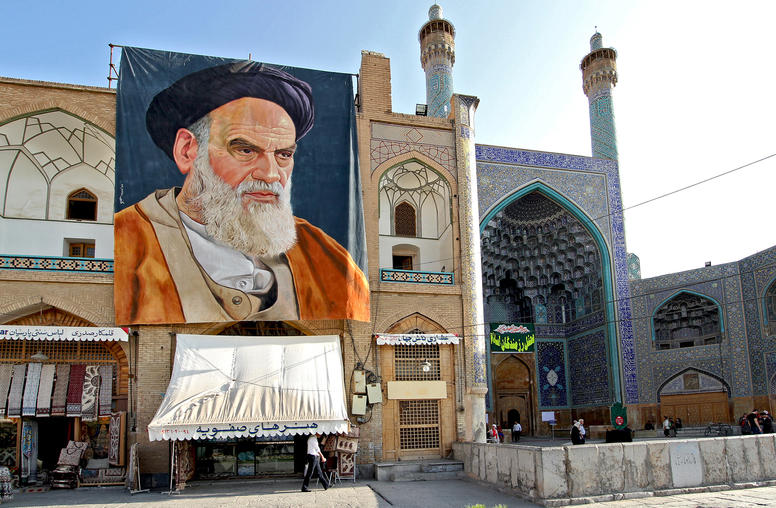
Iran Timeline: Since the 1979 Revolution
Iran, proud and passionate, has been a conundrum since its 1979 revolution. For decades, a confluence of challenges—political and cultural repression, menacing rhetoric, and defiance over its nuclear program—complicated dealing with the Islamic Republic. Iran’s revolution has passed through at least five phases.
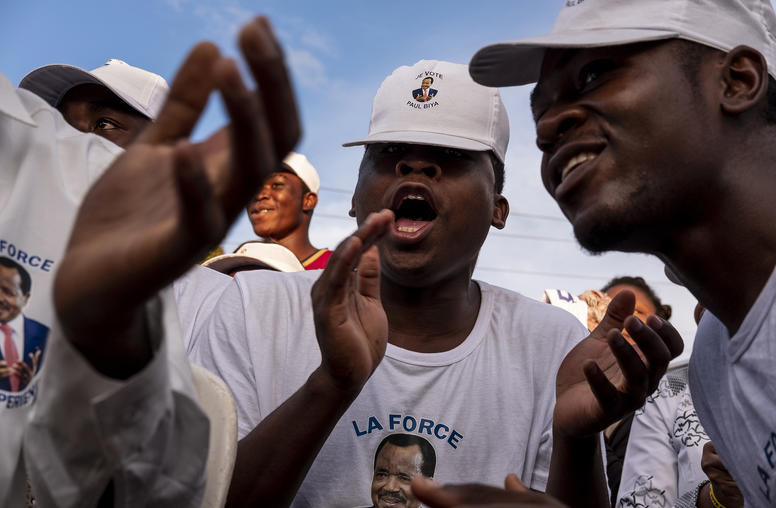
After Election, Cameroon’s Governance Crisis Continues
Eighty-five-year-old Paul Biya, president of Cameroon since 1982, was sworn in for his seventh term in office on November 6, after complaints arising from multiple allegations of electoral irregularities in polls held a month earlier were dismissed by Cameroon’s constitutional court. An intercommunal crisis in Cameroon has seen violence increase substantially since 2017, and the conduct of these elections—which saw a partial boycott—has added to grievances. In this analysis of the official election results, USIP’s Aly Verjee and Jude Mutah examine the data, and discuss the prospects for Cameroon after the election.
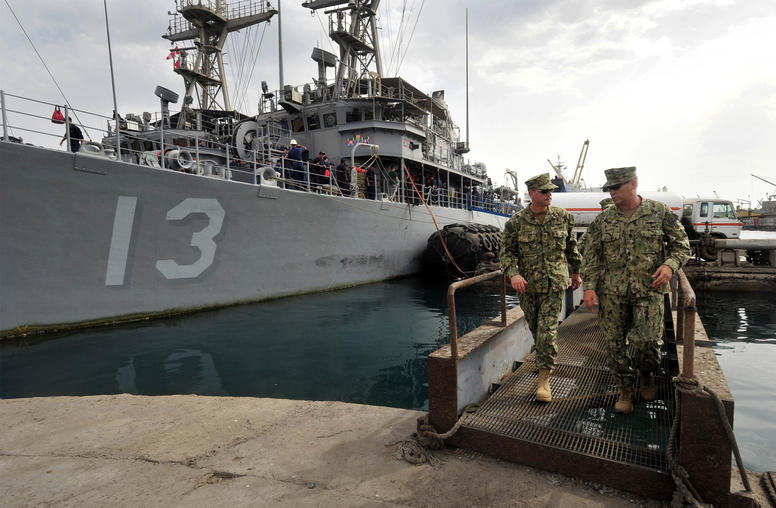
In Red Sea Region, Competing Outside Powers Complicate U.S. Interests
David Shinn, a former U.S. ambassador to Ethiopia and Burkina Faso, examines how great and regional power competition is impacting political and security dynamics in the Horn of Africa and complicating U.S. interests in the region.
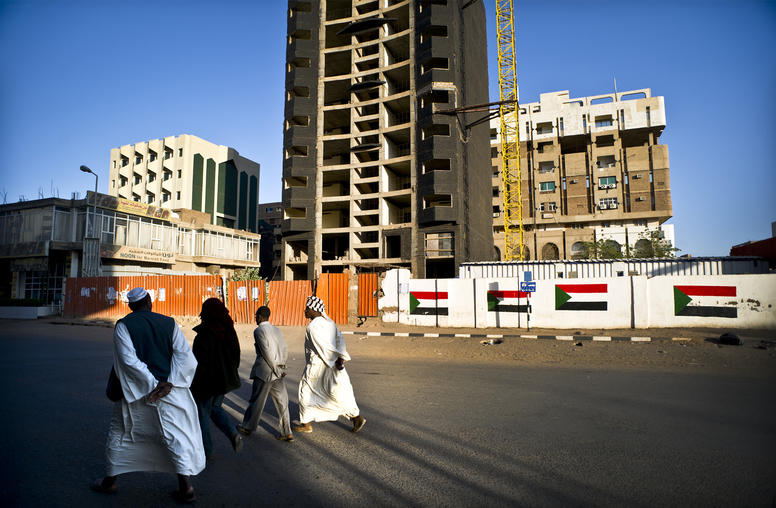
Reforming the U.S.-Sudan Relationship Requires a Regional Strategy
On November 7, the U.S. Department of State announced long-awaited plans outlining a path to better relations with Sudan, “designed to expand our bilateral cooperation, facilitate meaningful reforms to enhance stability in Sudan, and achieve further progress in a number of areas of longstanding concern.” USIP’s Aly Verjee and Payton Knopf discuss the initiative, and identify where broader U.S. regional objectives could cohere, including in the war in Yemen.
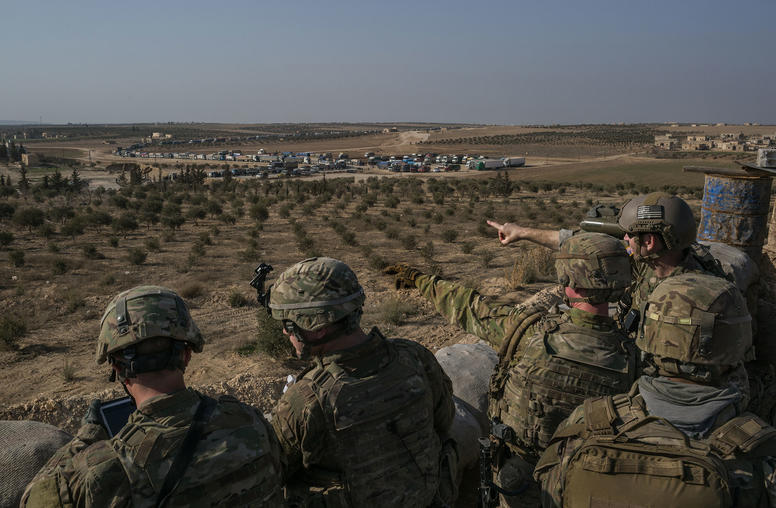
What Does the U.S. Troop Withdrawal Mean for Syria?
On Wednesday, the White House announced that it will “fully” and “rapidly” withdraw the U.S. military presence in Syria, where approximately 2,000 U.S. troops have been stationed in the northeastern, Kurdish-controlled part of the country, near its border with Turkey. USIP’s Mona Yacoubian examines the implications of the troop withdrawal and its broader impact on the Syria conflict.
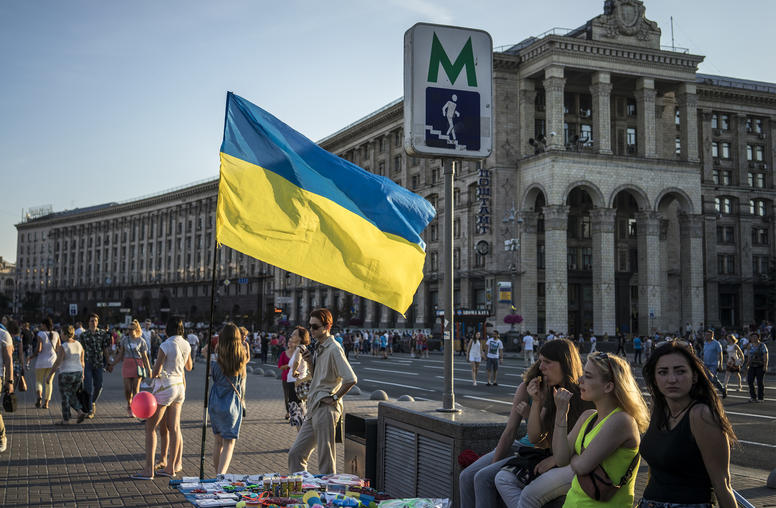
Ukraine’s Elections Could Turn Violent—This is How to Prevent It
Ukraine is facing a busy election season in 2019, with presidential elections on March 31 and parliamentary elections scheduled for October, amid a challenging security context. Many Ukrainians expect turbulent and “dirty” elections with increased tension during the campaign periods, and between Election Day and the likely presidential run-off.